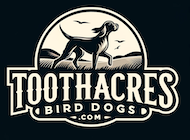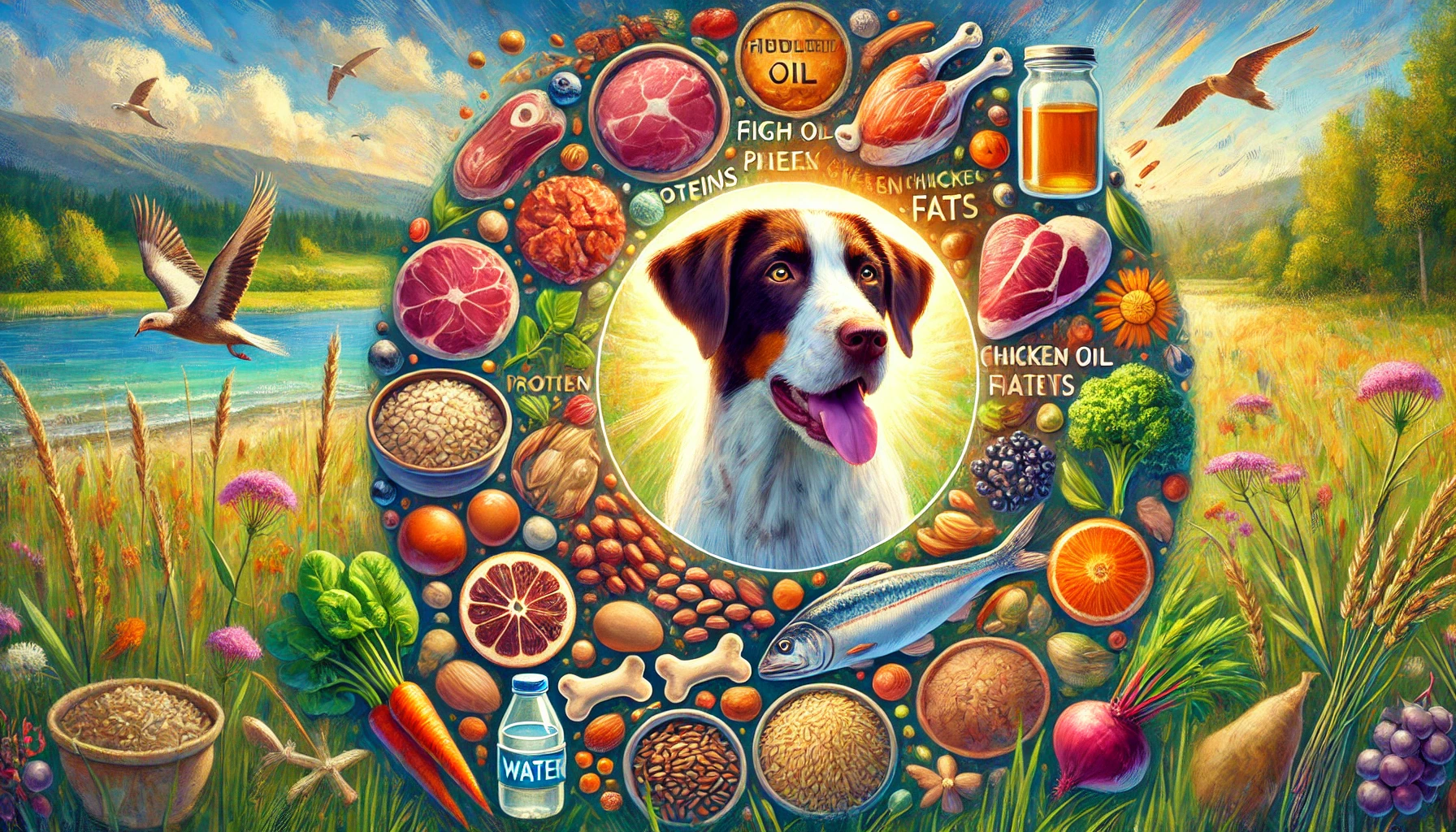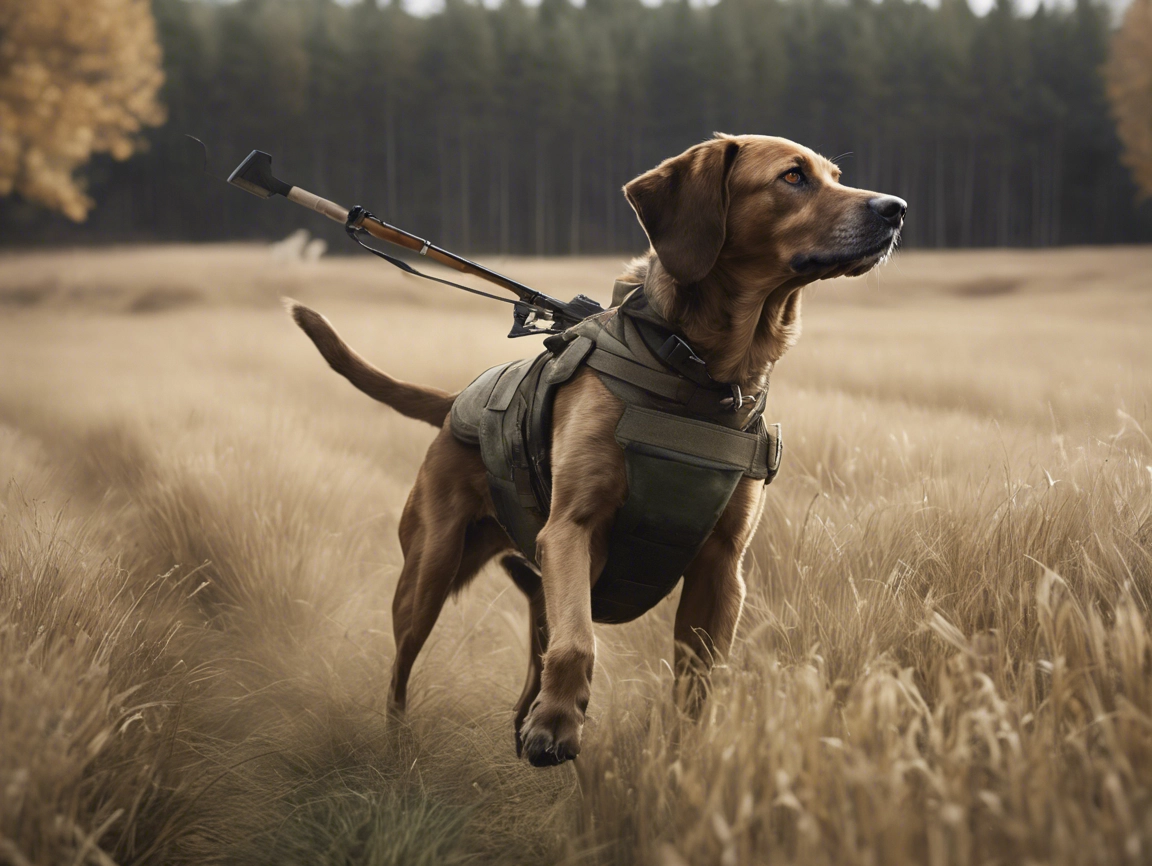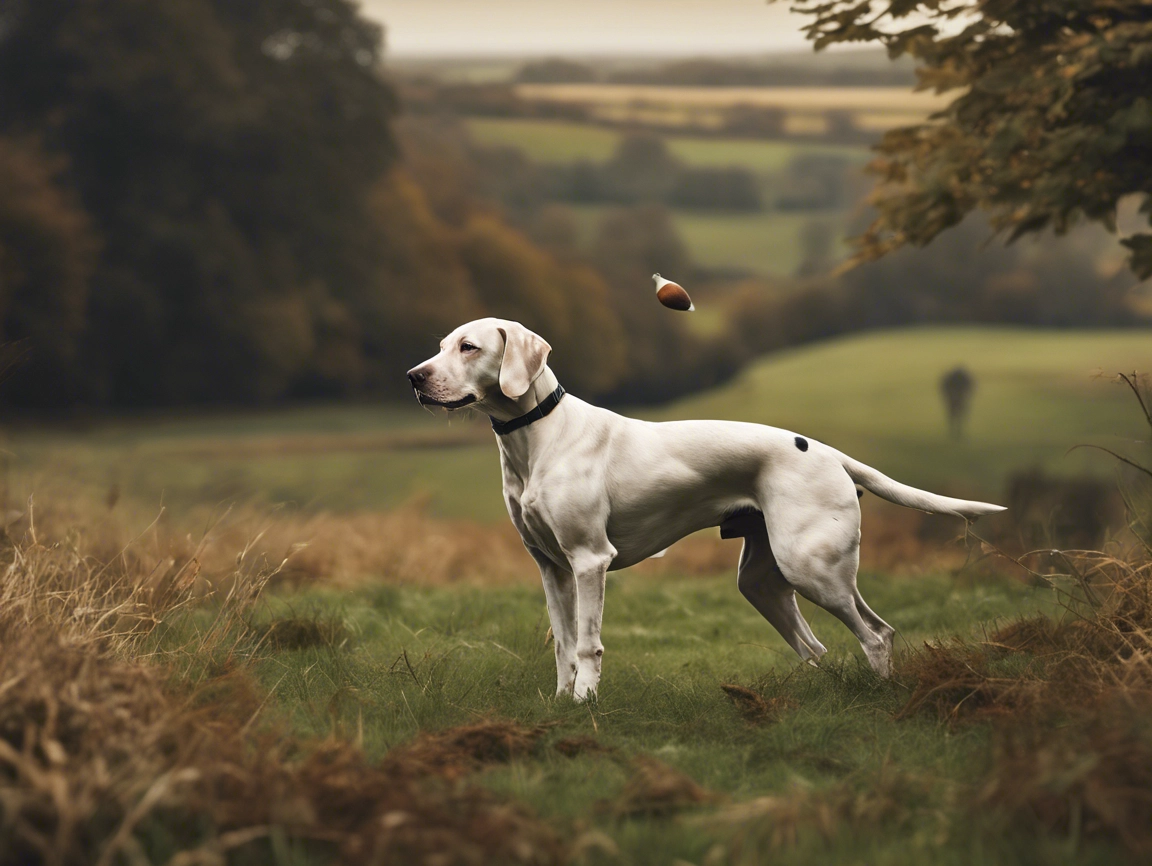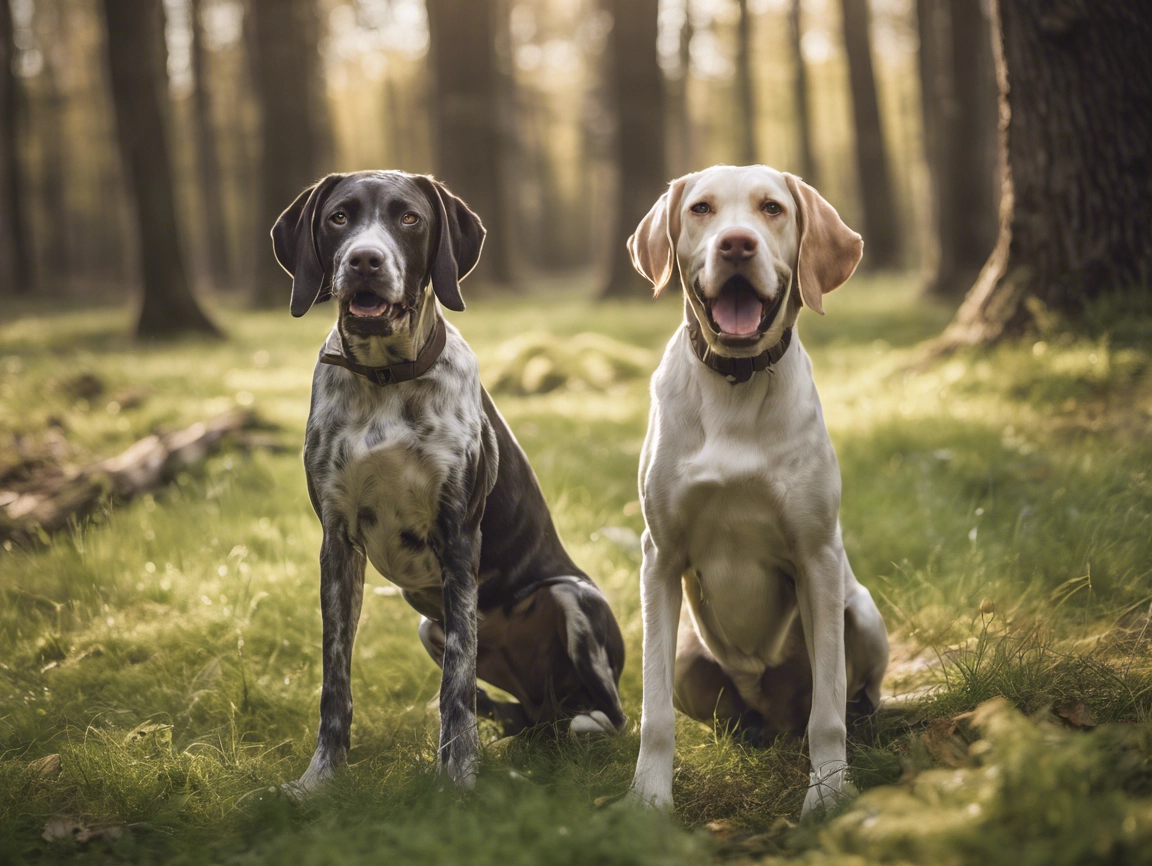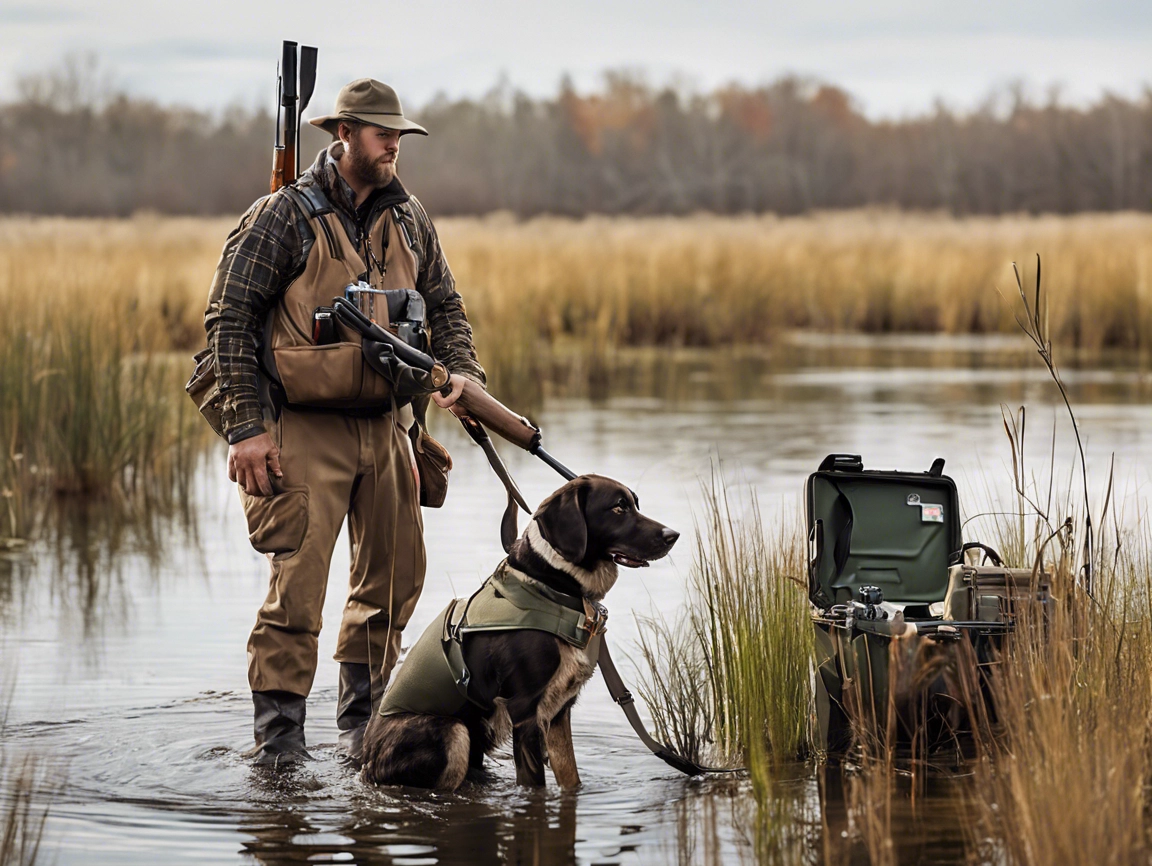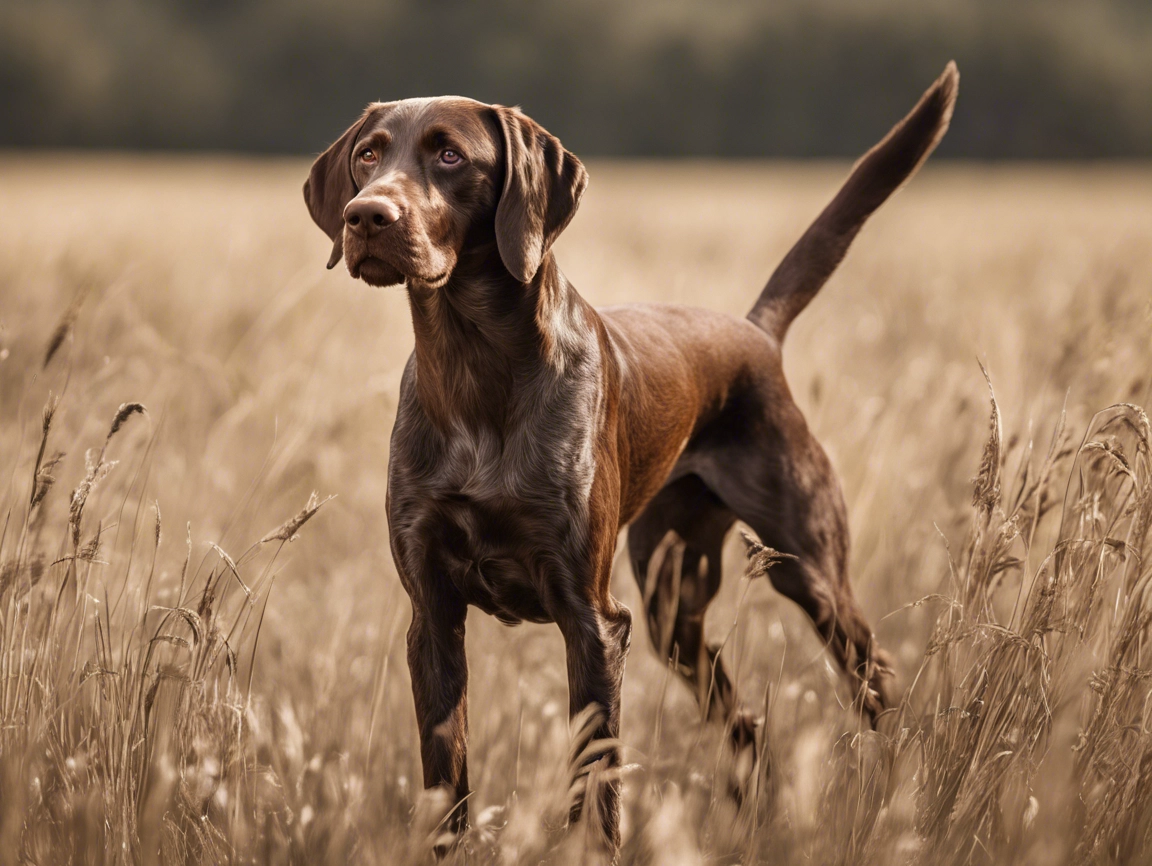Bird dogs are incredible athletes, driven by their instincts and training to hunt, point, and retrieve game. To ensure your bird dog performs at their best and enjoys a long, healthy life, proper nutrition is essential. In this article, we’ll dive into the key aspects of bird dog nutrition, from choosing the right food to understanding their unique dietary needs.
Understanding the Nutritional Needs of Bird Dogs
Bird dogs, like all dogs, need a balanced diet that includes proteins, fats, carbohydrates, vitamins, and minerals. However, their high energy levels and demanding activities mean they have specific nutritional requirements that differ from your average household pet.
Protein: The Building Block of Muscle
Protein is crucial for muscle development and repair, especially important for active bird dogs. Look for high-quality sources of animal protein such as chicken, beef, lamb, and fish. These proteins provide essential amino acids that help maintain strong muscles and support recovery after a long day in the field.
Fats: Energy and Vital Nutrients
Fats are a primary energy source for bird dogs. They need a diet rich in healthy fats to sustain their energy levels during hunting trips. Sources like fish oil, chicken fat, and flaxseed provide not only energy but also essential fatty acids like Omega-3 and Omega-6, which support skin and coat health.
Carbohydrates: Sustained Energy
While proteins and fats are vital, carbohydrates also play a role in providing quick energy and aiding digestion. Opt for complex carbohydrates like brown rice, sweet potatoes, and barley. These ingredients offer a slow release of energy, keeping your dog fueled for longer periods.
Vitamins and Minerals: Overall Health and Well-being
Vitamins and minerals are necessary for various bodily functions, including immune system support, bone health, and nerve function. Ensure your bird dog’s diet includes a mix of fruits and vegetables to provide these essential nutrients. Ingredients like carrots, spinach, and blueberries are excellent choices.
Choosing the Right Dog Food
When selecting food for your bird dog, consider their age, size, and activity level. Puppies, adults, and senior dogs have different nutritional needs. For instance, puppies require more protein and fat to support growth, while senior dogs may need fewer calories but more joint support.
Commercial Dog Food
High-quality commercial dog foods are formulated to meet the nutritional needs of active dogs. Look for brands that list meat as the first ingredient and avoid those with fillers like corn, wheat, and soy. Grain-free options can be beneficial for dogs with allergies, but ensure they still receive a balanced diet.
Homemade Diets
Some owners prefer to prepare homemade meals for their bird dogs. If you choose this route, consult with a veterinarian or a canine nutritionist to ensure the diet is well-balanced. Homemade diets can include lean meats, vegetables, and supplements to cover all nutritional bases.
Hydration: The Overlooked Essential
Hydration is just as important as nutrition, especially for active dogs. Always provide fresh, clean water and ensure your dog drinks enough throughout the day. During hunts or long training sessions, consider carrying a portable water bowl and taking regular breaks to keep your dog hydrated.
Supplements: Enhancing Your Dog’s Diet
In some cases, supplements can be beneficial to address specific needs such as joint health, coat condition, or digestive issues. Common supplements for bird dogs include:
- Glucosamine and Chondroitin: For joint health and mobility.
- Fish Oil: Rich in Omega-3 fatty acids for skin, coat, and heart health.
- Probiotics: To support digestive health and boost the immune system.
Monitoring and Adjusting Diet
Each bird dog is unique, and their nutritional needs may change over time. Regularly monitor your dog’s weight, energy levels, and overall health. Adjust their diet as needed, and consult your veterinarian for guidance, especially if you notice any health issues.
Conclusion
Feeding your bird dog a balanced, nutrient-rich diet is crucial for their performance and well-being. By understanding their specific nutritional needs and choosing the right food, you can ensure your hunting companion stays healthy, energetic, and ready for the field. Feeding your bird dog right means they’ll be happier and healthier, making every hunt and training session more successful and enjoyable. Keep their bowl filled with the good stuff, and they’ll give you their best every time.
